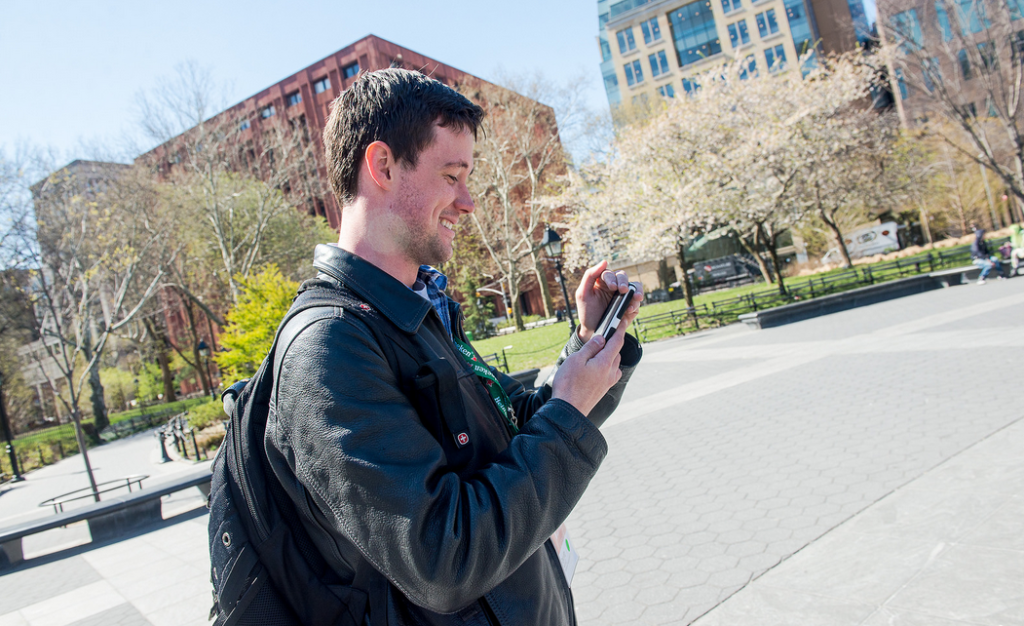The Future Has Just Arrived On Exclusive College Campuses

CMU IoT Study
Mobile systems such as cell phones and global positioning systems are becoming the dominant method of accessing large-scale networks, as opposed to the “traditional” desktop computer. In fact, as of January 2015, more than 50% of all internet traffic is from mobile users. In light of this shift, researchers at Carnegie Mellon University in Pittsburgh are converting their entire campus into a laboratory. Specifically, they are going to place inexpensive sensors all over the campus.
A Living Campus
CMU researchers intend to increase the interconnectivity of all appliances, buildings and devices on campus with sensors. The project is part of a multi-college initiative funded by Google to increase research in, and support the development of, the Internet of Things. CMU researchers will also be working with colleagues at Cornell, and Stanford.
“The goal will be to radically enhance human-to-human and human-to-computer interaction through a large-scale deployment of the internet of things (IoT) that ensures privacy, accommodates new features over time and enables people to readily design applications for their own use,” said Anind Dey, lead investigator and director of CMU’s Human Computer Interaction Institute.
Creating a Connected World
Researchers will encourage students across campus to create and use IoT apps via an IoT app store. Any campus member, and members of the larger research community, will be able to share and develop IoT script, actions, sensor feeds, or apps. For example, researchers have created an app called Snap2It, which allows users to connect to a printer or smartphone by simply taking a photo of the device. As principal investigator of the study, Dey states that he hopes to push the current boundaries of mobile interaction.
The IoT project is currently supported by Google., which will provide CMU with $500,000 as initial funding. CMU will work with scientists from the other partner universities in order to develop of the GIoTTo, which will support the security of the apps and enable users to create their own experience. Preserving the privacy of mobile users and ensuring security in an increasingly digital world is one of the main challenges the team hopes to tackle with this project.
Ultimately, the CMU and Google are striving to have these sensors placed throughout Pittsburgh. The city’s mayor, Bill Peduto, has expressed favor for this idea, as he hopes that it will “…enhance city services and improve the quality of life of our [Pittsburgh’s] citizens.”

